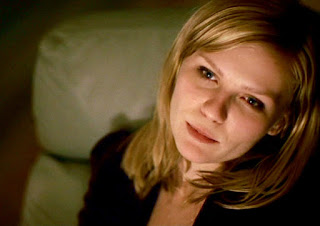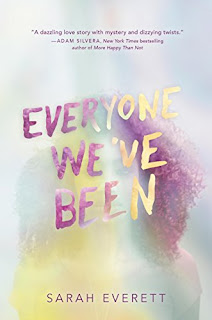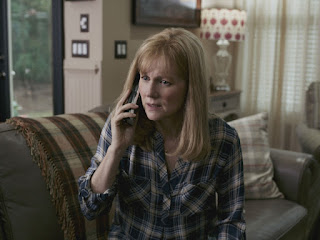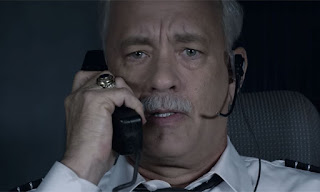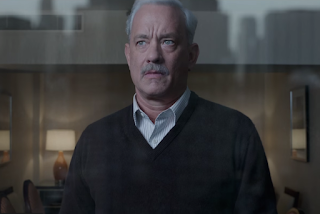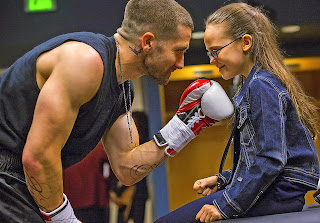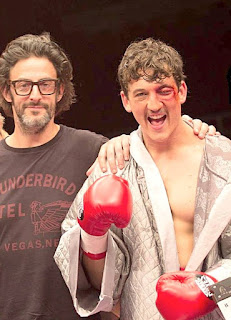Michel Gondry and Charlie Kaufman’s wickedly creative and widely beloved modern classic ‘Eternal Sunshine of the Spotless Mind’ is being developed for the small screen — neither of them will be involved in this new take on their high-concept romantic drama. Some episodes could end with the ex-partners deciding to give it another shot, others could end with them never crossing paths again. In the season finale, an entire country could ask to have their memories wiped of an election cycle, for example. In short, the series ought to emphasize Lacuna and what they offer rather than any particular characters. —David Ehrlich
An “Eternal Sunshine” series will work best if it eschews that sort of cutesy notion, instead opting to build on (and out of) the original film’s exceedingly brilliant premise. Winks and nods and tips of the hat seem to come part and parcel with this sort of project, and they shouldn’t, as they mostly distract and detract from the very possibility that a remake could be its own thing. Give us the show. But if Kirsten Dunst, who has already proven her ability to make a film-turned-TV-series into must-see viewing wanted to swing by, even I couldn’t be opposed to that. —Kate Erbland Source: www.indiewire.com
Woodshock (2017) is an upcoming American drama film written and directed by Rodarte label founders, Kate and Laura Mulleavy. The film stars Kirsten Dunst as Theresa. The film follows a woman who falls deeper into paranoia after taking a deadly drug.
-Rolling Stone: What did you want people to learn from your life story, what are your regrets with drugs?
-Brian Wilson: I want people to realize that drugs can be very detrimental and dangerous. I've told a lot of people don't take psychedelic drugs. I regret having taken LSD. It's a bad drug.
-Rolling Stone: You also talked about mental illness. What do you want people to know about your mental-health struggles?
-Brian Wilson: Well, just that the struggle for mental health is the result of bad drugs.
-Rolling Stone: When you were going thinking back on your life, what made you the happiest?
-Brian Wilson: When I met my wife, Melinda. The night we recorded "Good Vibrations" at CBS Studio in Los Angeles was the biggest moment of my life. Recording "California Girls." When I first saw the ocean. I've had a few high points in my life. I listen to Sixties and Seventies music. Those two generations: the Sixties revolution and the Seventies revolution: The Beatles, "Be My Baby" by the Ronettes... Source: www.rollingstone.com
Addie’s investigation into the source of her hallucinations of a teenage boy is interspersed with flashbacks of her first romance. Addie also realizes she’s delusional, but she believes that her hallucination has an identity in the real world. She begins researching, convinced that discovering his identity will stop the delusions. However, the investigation’s dramatic tension is somewhat diminished since the interwoven flashbacks have already revealed that the hallucination and Addie’s first boyfriend, Zach, share many physical traits. Readers spend much of the novel waiting for Addie to catch up, though the science-fiction brain surgery that explains both the hallucinations and a secondary plot involving Addie’s emotionally distant family dynamic will be surprising. The realistic message about the human heart’s resiliency doesn’t always fully merge with the science-fiction elements. Source: www.kirkusreviews.com
Addie’s investigation into the source of her hallucinations of a teenage boy is interspersed with flashbacks of her first romance. Addie also realizes she’s delusional, but she believes that her hallucination has an identity in the real world. She begins researching, convinced that discovering his identity will stop the delusions. However, the investigation’s dramatic tension is somewhat diminished since the interwoven flashbacks have already revealed that the hallucination and Addie’s first boyfriend, Zach, share many physical traits. Readers spend much of the novel waiting for Addie to catch up, though the science-fiction brain surgery that explains both the hallucinations and a secondary plot involving Addie’s emotionally distant family dynamic will be surprising. The realistic message about the human heart’s resiliency doesn’t always fully merge with the science-fiction elements. Source: www.kirkusreviews.com
"It was more than three decades neurobiologists formerly employed by the University of Maine conceived of a cure for military personnel suffering from post-traumatic stress disorder. They researched, experimented, and conducted longitudinal studies. By the time the Gulf War ended in the early 1990s, it was more than an idea. The theory: that the soldiers were held captive not by PTSD itself, but by memory. The cure: memory splicing, a technique that could wipe clean the worst of their memories, while preserving the best. After years of thorough trials, the Overton technique, as miraculous as it was exact, was made available to the general public. A number of refinements to the Overton technique have since been implemented, including limbic shaving —a tweaking of the emotional components of memories, the feeling and connotations of certain memories. A chill runs down my spine. They can change the way your memories feel? While we were inside the store, someone stuck a yellow flyer under the wiper: OVERTON INC.—CUTTING-EDGE NEUROSCIENTIFIC PROCEDURES THAT CAN CHANGE YOUR LIFE." -"Everyone We've Been" (2016) by Sarah Everett

